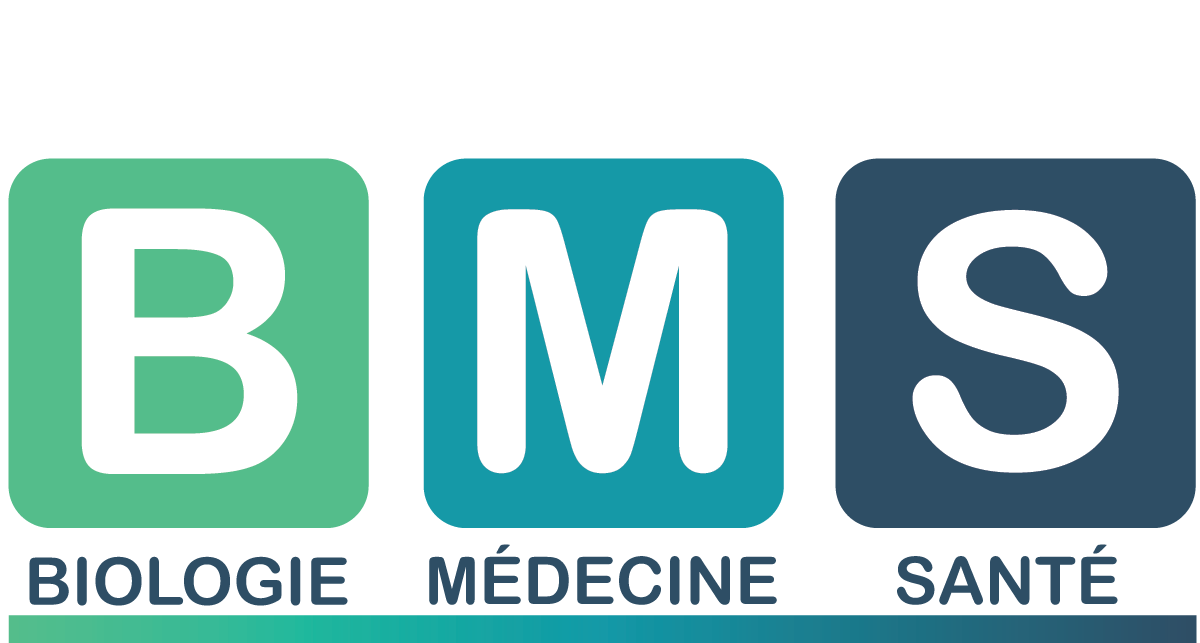1 laboratory – 8 teams
The eight teams cover a variety of areas of expertise in their research themes, enabling studies to be carried out at molecular, structural, cellular or integrated levels.

RNA/P
The focus of scientific research is on the fundamental molecular mechanisms that underpin cell biology, with a particular emphasis on RNA components.

GlycoBio
The GlycoBio team studies the biosynthesis and functions of glycosaminoglycans and collagens from the molecular to the clinical levels, in order to develop new diagnostic and therapeutic tools.

EpiRedOx
The Redox Multi-scale Enzymology and Epitranscriptomics team focuses on fundamental mechanistic research and molecular engineering involving two classes of biologically relevant macromolecules (RNA and enzymes). The goal is to gain a better understanding of the fundamental physiological processes associated with these macromolecules while also developing their potential for valorization, particularly in human health.

S2BEAM
The S2BEAM team deploys an integrative structural biology approach to elucidate the detailed structure-function relationships of the mega-enzymes responsible for the biosynthesis of specialized metabolites, and leverages these results to genetically engineer systems for the generation of analogues.

ReMPaCOAT
The ReMPaCOAT team is involved in the fields of regenerative medicine and osteo-articular tissue characterization, in close collaboration with the CHRU of Nancy for the development of active components or innovative sources of stem cells for artificial cartilage design protocols.

CImIND
The CImIND team is seeking to identify new immunomodulation’s mechanisms in tumoral and inflammatory diseases in order to propose innovative cellular therapeutic approaches.

CARPATH
The CARPTAH team’s work focuses on understanding how chondrocyte phenotype alterations contribute to cartilage diseases, using in vitro, ex vivo, and in vivo approaches to identify key mechanisms and potential therapeutic targets.

ERCN
The ERCN team aims to improve our understanding of the healthy and pathological brain mechanisms underlying human cognition. The team takes a multi-modal and multi-scale approach to studying clinical populations, focusing particularly on drug-resistant epileptic patients.






